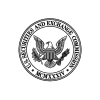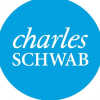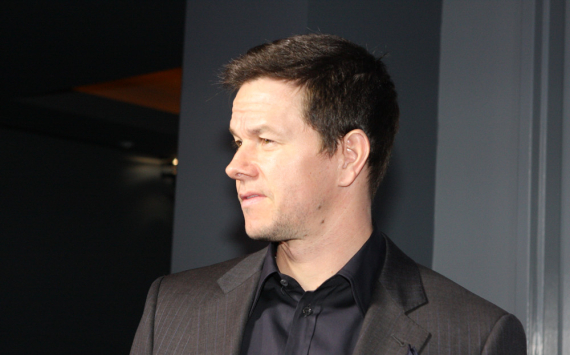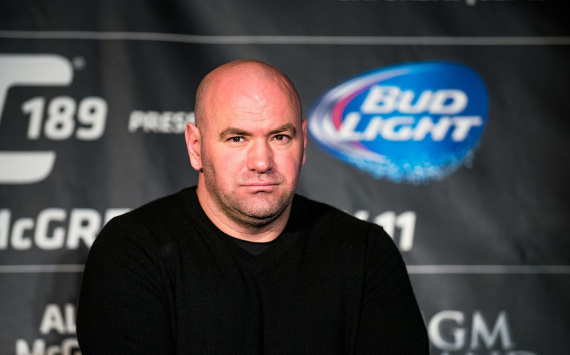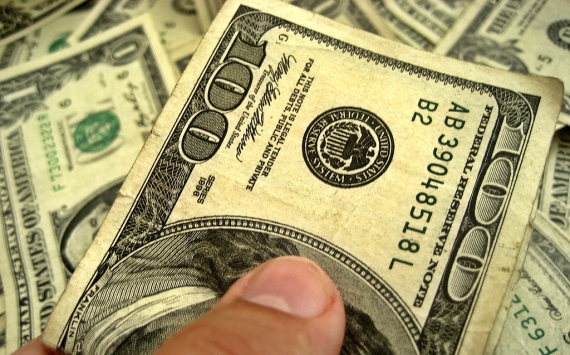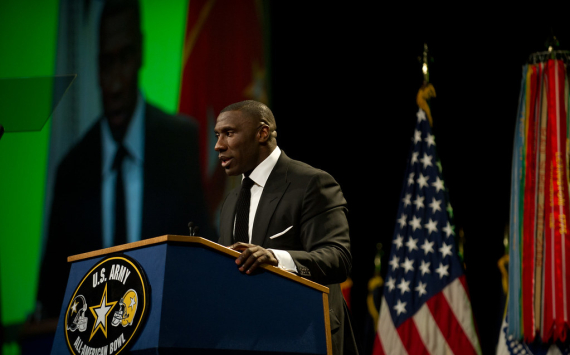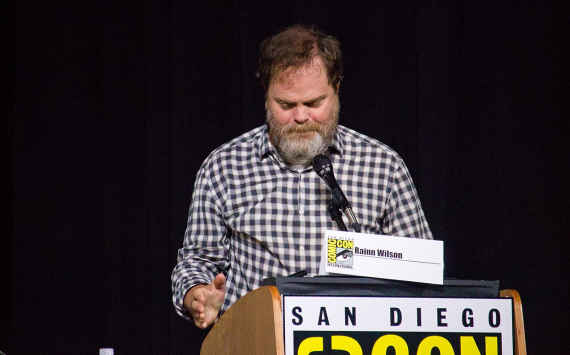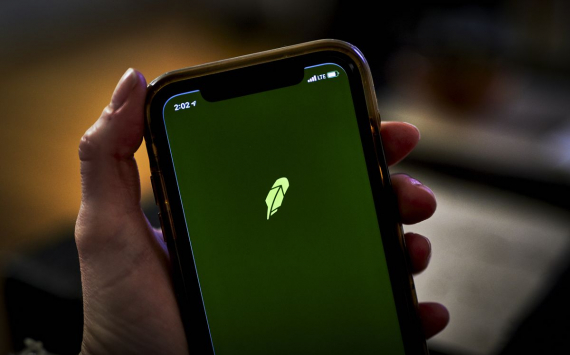
Threat to business
Robinhood shares fell 6.9 per cent on Monday amid news of competition threats from PayPal and regulatory risks to the company's business model from the US Securities and Exchange Commission (SEC).
Shares in online broker Robinhood (HOOD), down 38% from a high at the start of the month, fell sharply 6.9% at the close of trading on Monday, continuing a 1% decline in the post-market.
One of the reasons for the fall was reports of a threat of competition from fintech giant PayPal (PYPL).
The second reason Robinhood shares, like those of Charles Schwab (SCHW) (down 3%) and Virtu Financial (VIRT) (-3.8%), fell on Monday was the publication of Barrons' exclusive interview with new Securities and Exchange Commission (SEC) chairman Gary Gensler.
The SEC has been investigating for months the practices that underpin the business model of Robinhood and other online brokers, allowing them to make money without charging transaction fees to retail investors.
The practice is called PFOF (payment for order flow) and is a scheme to make money through payments to market makers (dealers) for directing the flow of trades. Market makers make money on the difference in bid/ask prices on each trade.
Gensler believes that this model of executing trades in the market has an 'inherent conflict of interest' because market makers get all the data and therefore a privileged position in the market, while investors may not execute a trade at the best price in the market.
Robinhood said in one of its reports that if the PFOF model were to change, brokerage and the industry would be able to adapt. For now, however, payments for directing the flow of trades to market makers account for 80 per cent of the company's revenue.





